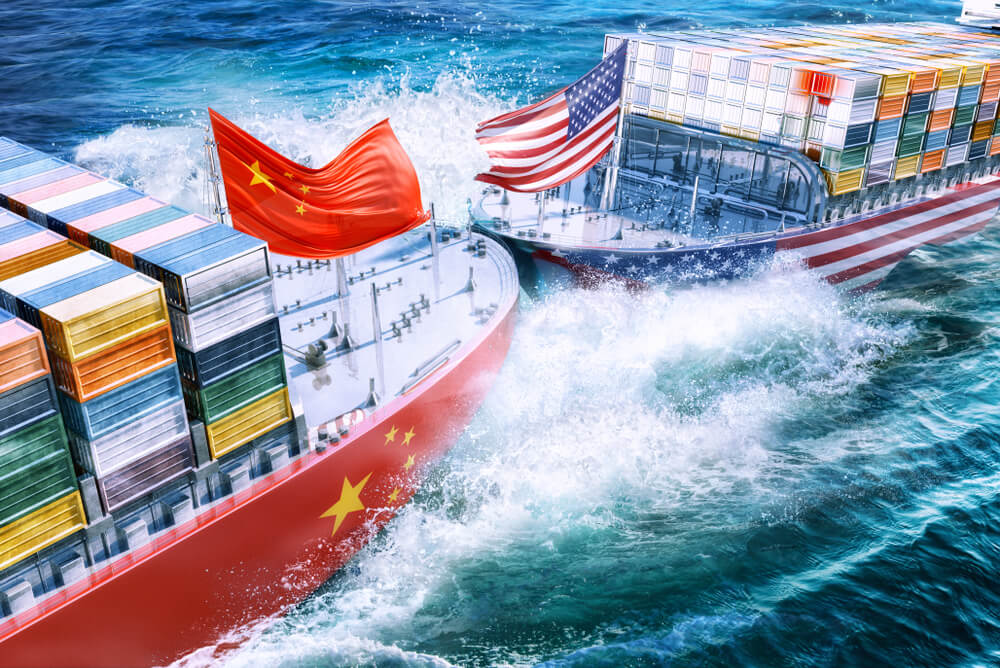It’s finally happening. The United States and China are slated to sign phase one of their new trade deal today, but investors looking for some good news may not want to hold their breath.
Optimism surrounding the new trade deal (which is more like a truce) has helped boost markets through the end of 2019 and into the first few weeks of 2020. In fact, the Dow Jones Industrial Average, S&P 500 and Nasdaq had all reached new records Tuesday before a negative trade headline broke in the early afternoon.
Bloomberg reported that no tariffs were expected to be removed until after a phase two deal was inked, and that may not happen until after the 2020 U.S. elections in November. Currently, the deal is set to cut some tariffs from 15% to 7.5% on some goods from China.
QMA CIO Ed Keon thinks any trade news affects the markets so much because stocks are so expensive at the moment.
“There’s always ’buy the rumor, sell the news,” Keon told CNBC. “Part of the reason why we had this tremendous, incredible rally last year and especially toward the end of the year, and why we got off to a good star this year, was we had a raft of good news, on earnings, and also on China trade.”
Fundstrat policy analyst Tom Block thinks it’s kind of strange that so few details have been released concerning the new deal.
“Everything I’ve read, and everyone I talked to has said this was basically a standstill agreement with some side things, and we now know one of those side things was that the U.S. dropped that China was a currency manipulator,” Block said. “I don’t think that’s a coincidence.”
As far as what Block thinks will be in the deal, he thinks there will be an agreement from China to purchase more U.S. agricultural and energy products.
Bleakley Advisory Group CIO Peter Boockvar said he wasn’t surprised by the Bloomberg headline, and went on to blast the tariffs that he calls a “roach motel,” meaning they’ll never go away.
“It’s not surprising. There was no blueprint to remove the tariffs,” Boockvar said. “We saw that upon the announcement of a deal when they slightly trimmed some of the tariffs from 15% to 7.5% even though they left tariffs on all the existing goods. The assumption was the tariffs would not come off until there was a phase two deal and Trump said the other day there would be no phase two until the after the election. It was always my belief they would not come off until we got a phase two deal. We’re still stuck with these tariffs which are a drag on growth in trade and manufacturing.”
But Keon thinks this is just what the markets expected.
“It looks like we’ll agree to take some tariffs down,” Keon said. “We already took them off the currency manipulator list. They’re going to agree to buy some agricultural products. There’s probably some language that says they’ll cooperate on intellectual property. It’s my guess there will be some vague language.”
U.S. President Donald Trump is a self-proclaimed “tariff man,” but Block thinks he’ll ease up a bit on the European front, for now at least.
“He wants NATO to do more in the Middle East, and it’s hard to do that if you’re escalating the trade war,” said Block.
